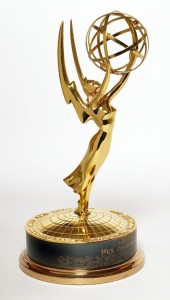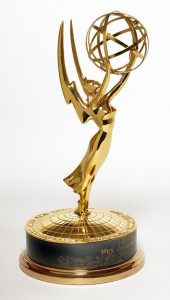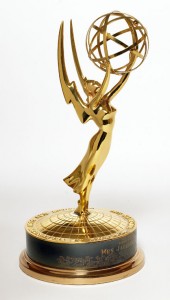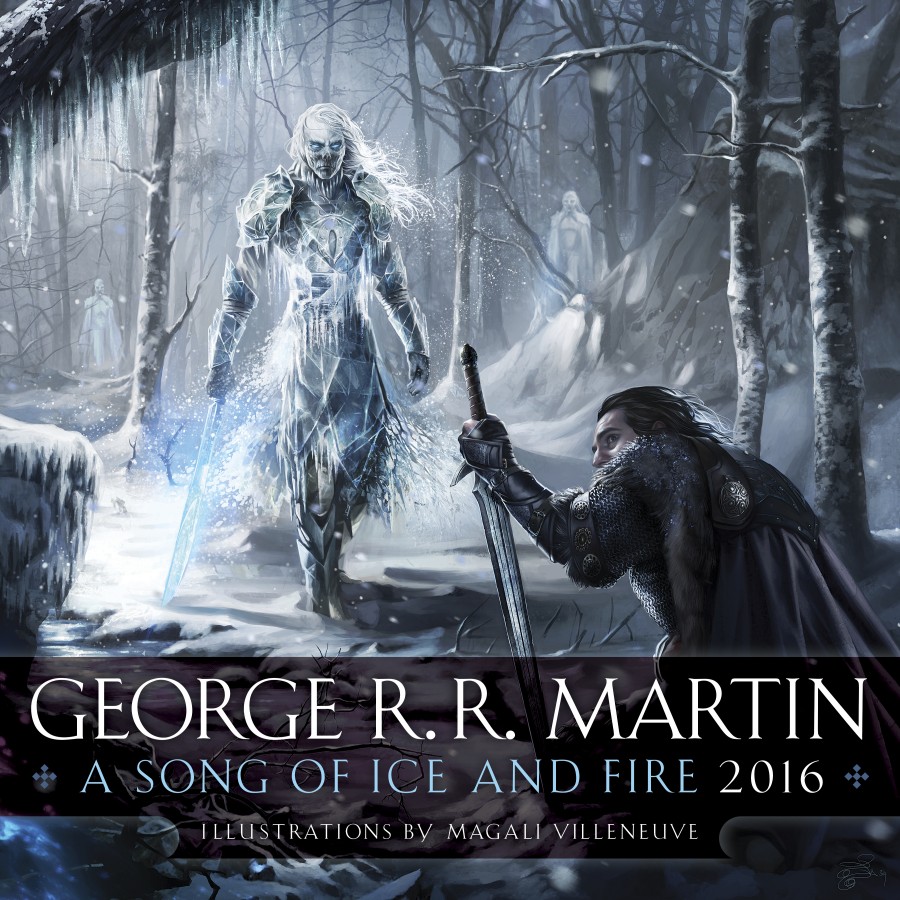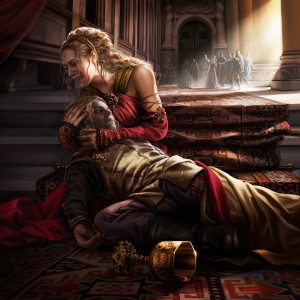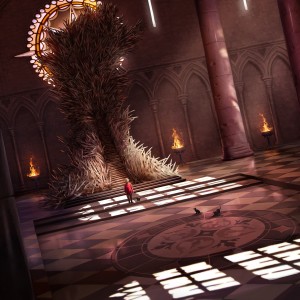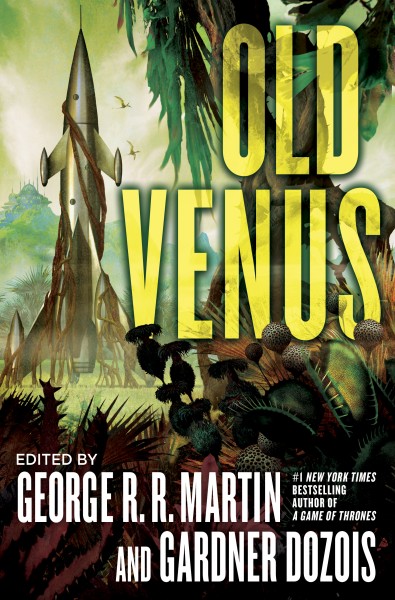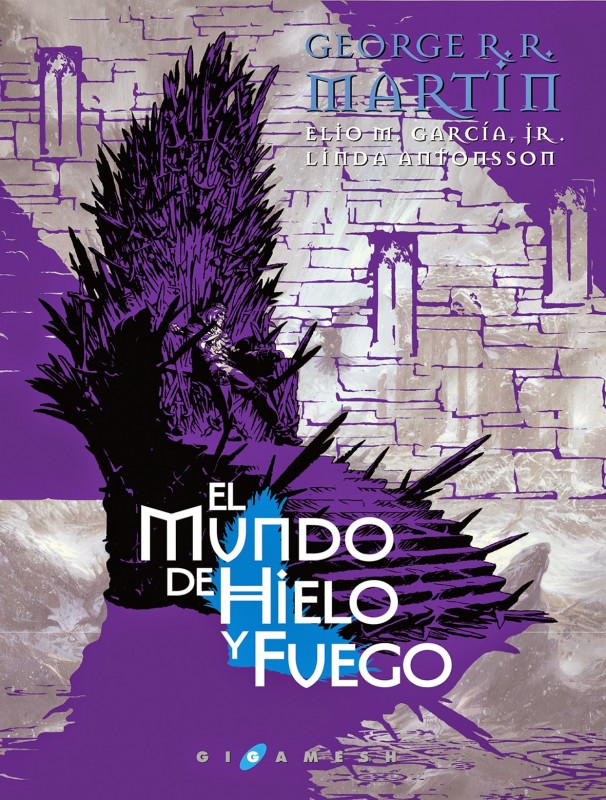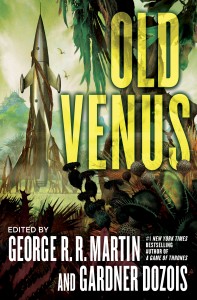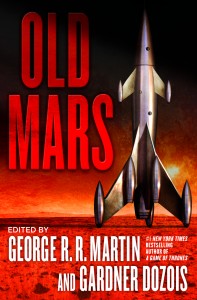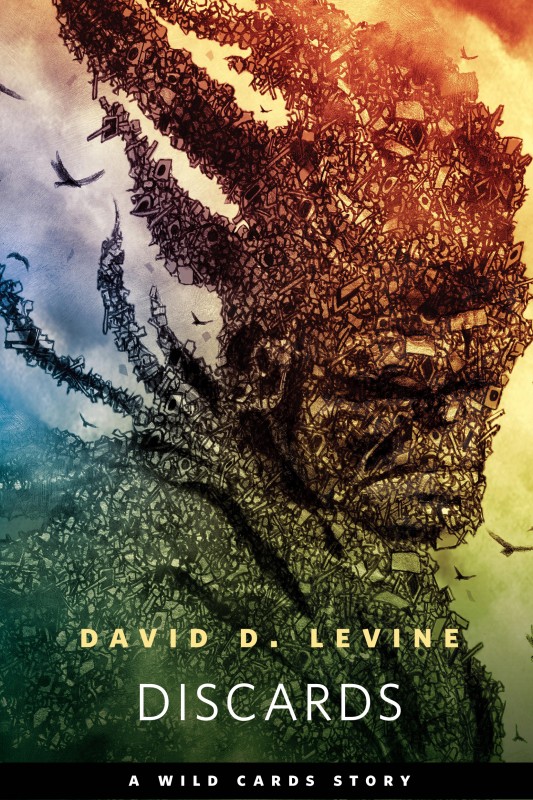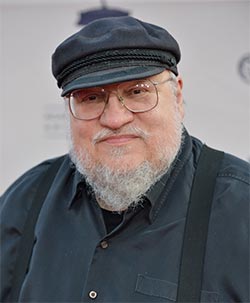
Only ten more days remain until the close of nominations for the 2016 Hugo Awards, to be presented in Kansas City at MidAmericon II.
Are you a member of MidAmericon? Were you a member of Sasquan, last year’s worldcon in Spokane? Are you a member of the 2017 worldcon, to be held in Helsinki, Finland? If so, you’re eligible to nominate the books and stories and artists you loved best in 2015.
So, please… NOMINATE!
You can do it here: http://midamericon2.org/the-hugo-awards/hugo-nominations/
No fan of good will, no one who truly loves SF and fantasy and worldcon and fandom, wants a repeat of what happened to the Hugo Awards last year. I am not going to rehash that sorry mess; there’s no point to it, everything that needed to be said has been said, and a lot more besides. I would rather look to the future. Let’s restore the silver rocket to its former glory (and, by doing so, make a second round of Alfie Awards unnecessary) as a true measure of the year’s best work in imaginative literature.
I made my objections to the Puppy slates clear last year. This time around, the Sad Puppies at least changed from a slate to a recommendation list, to which I have no objections. I’ve looked at their list. There’s some great work on it. There’s some bad work on it, writers and books that I don’t think belong anywhere near a Hugo. And there’s a lot of books and stories that I haven’t gotten around to reading yet. The same could be said for most any list, however. There’s stuff on the Nebula shortlist I don’t like as well, and a lot of books on the LOCUS list that I have not read yet. (I will get to some of them. Too many books, too little time). Sad Puppies 4 played fair, in my estimation, and for that I commend them.
((The Rabid Puppies produced another slate. They have entirely different aims. And no, we will not discuss them here)).
And how about my own recommendations?
I’ve made a few. I did not issue them all at once, in a single list, but rather category by category over the past five months. I did not get to every category, and even with those I did, my recommendations are by no means exhaustive.
My intent, whenever I make a recommendation, is NOT to say, “Vote for this,” but rather, “Here’s something I really liked, take a look it it, you may find it deserving as well.”
Some of the other recommended reading lists are just lists of titles and names. Fine and good, I suppose, but I prefer to do a little more: to talk about the categories, the books, the authors, the artists and editors, and where I can to discuss WHY I think they deserve a nomination.
My posts are still up. For those who want to read them, here are links:
Short Fiction:
http://grrm.livejournal.com/476905.html
Professional Editor, Long Form:
http://grrm.livejournal.com/474144.html
http://grrm.livejournal.com/472316.html
http://grrm.livejournal.com/471834.html
http://grrm.livejournal.com/470764.html
Professional Editor, Short Form:
http://grrm.livejournal.com/471135.html
Professional Artist:
http://grrm.livejournal.com/462350.html
Graphic Story:
http://grrm.livejournal.com/460106.html
Related Work:
http://grrm.livejournal.com/458605.html
Dramatic Presentation, Short Form:
http://grrm.livejournal.com/453648.html
Dramatic Presentation, Long Form:
http://grrm.livejournal.com/452587.html
Novel:
http://grrm.livejournal.com/457140.html
If any of you go back and read those — and I hope you will — read the comments too. There are plenty of other recommendations to be found there, recommendations from my readers and friends. I am only one (overworked) guy, I can’t get to everything, it’s great to hear from other precincts. Especially when they tell you why they liked whatever it is they liked…
I did mean to get to some of the other categories. Alas, I failed. I am just not knowledgeable enough to make recommendations in some areas.
I did overlook some good choices even in the categories I covered. Naomi Novik’s UPROOTED is her best work to date, a very strong fantasy (though I had problems with the ending) and probably worth a nomination in Novel. I forgot about EX MACHINA when talking about Long Form Drama, but it’s a gripping and well done film, worthy of consideration. I recommended OUTLANDER for Short Form Drama, but it should be noted that the first season was telecast in two eight-episode arcs, and only the second eight are eligible, as the first eight were broadcast in 2014. I think JONATHAN STRANGE AND MR. NORRELL should be nominated in Long Form as a whole, rather than in Short Form, by episode, but others disagree.
Anyway… quibbles and additions aside… read, watch, consider… and please…
NOMINATE!

